So you have a game idea...
Over the years I have been approached many times by people to work on their game projects. I generally do not accept such requests at this time as I have more of my own projects going on than I can actually keep up with. I have noticed an occasional issue which I wanted to address here.
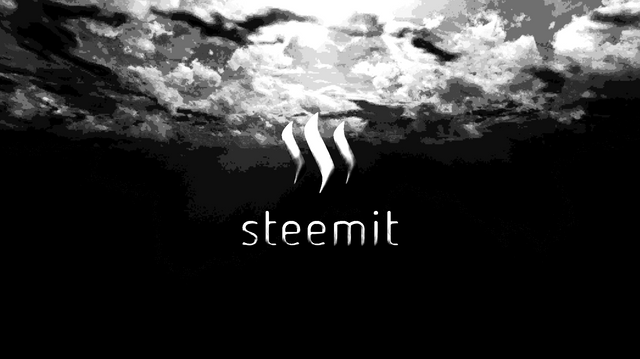
Everyone has a game idea
It seems the truth that for the most part everyone has an idea of what they think would make a good game, or at the very least some modification ideas for an existing game. This is true whether a person knows anything about game design or not. This is also totally okay. The problem comes in other areas of this.
No background in game design
When people are putting together their idea for a new game, and trying to attract developers like myself they often have ideas for a game, and they want to call the shots. They may know nothing about draw calls (aka batching), texture atlasing, LOD, Culling, or even the basics of what is and is not possible with game design. Thinking of things that others might not think is possible can be a cool thing, yet it also will generally require development of new techniques and tools that they themselves do not know how to make. This can lead to promising things to the public that are not doable with current knowledge, with budgets, etc. I've seen this frequently with kickstarters and other projects. It is a very common thing to happen when using voxel technology. Promise the sky, before they have even learned if they can fly or not.

It is a good thing to dream. Yet if you are just learning game design then aiming for something cutting edge before you've experienced why certain things exist, and how things can work can lead to budget issues, stress for you and those whom you convince to work with you, and potentially very bad PR with the public when you cannot deliver upon the promises you made when you did not have sufficient knowledge/experience yet to be making those promises.
Be careful. Start small and simple with your first project. Aim for something using familiar basic tech to learn the tools, the process, and how to communicate with your team. After you have one or more projects of this nature under your belt then you'll be able to get some realistic ideas about how to approach a more challenging project.
We learn from our mistakes
If you are starting out just now, you are going to make mistakes. It is going to be less of a blow to your reputation, and thus your stress if the project you are experiencing these mistakes on is small. I am someone who tends to aim for pretty ambitious new approaches to things. I end up with a ton of partially completed projects. Even my simple projects eventually morph into something complex. I have been making games for myself, and some professionally for closing on 34 years. I've made a lot of mistakes. The technology grows rapidly and the accessibility of tools to make games is higher than it ever has been. It is actually accelerating in terms of what is available.
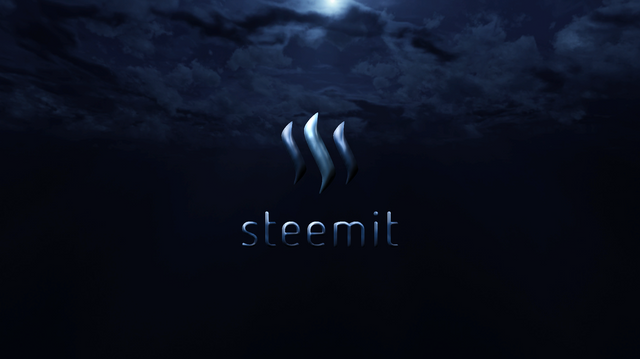
Like Pen and Ink
In the past large game engines like Unreal could cost hundreds of thousands of dollars to license. This is the truth as I participated in some teams that competed in Make Something Unreal contests in the past with the prize for winning being the acquisition of the hundred thousand plus dollar license for free. During this time you either modded things, or if you were an indie developer you had to build your own game engine. If you were a small team or individual this typically would limit your ambitions quite a bit.
Then Unity and others came out with a free model. It is free to make a game with Unity until you are making over $100,000 in a fiscal year. At that point you must buy a license which was under $2000. This was a dramatic change to the accessibility of tools. The free market kicked in and competition drove other engine builders to follow a similar model. This is good for those of us that don't work for a huge company and want to make games.
Now days we have the Unreal Engine, Cryengine, and many others with FREE options. I consider this to be similar to providing anyone one that wants to make a game with the equivalent of a pen and paper. I'm going to write a story might be the phrase that goes through your mind.
The side effect is that we have a lot of REALLY bad games flooding the market. This is much like if people were publishing every story they chose to write. Having access to pen and paper does not mean you are a good writer. That takes practice. This is also true of game design.
This has had some backlash aimed in the wrong direction. There was a period where the idea that something was made with Unity was met with hatred and derision. People thought the engine sucked, because they had gotten flooded with the poorly designed games. I'd tell them that the engine was very capable and the people releasing games had no concept of design or optimization. I'd tell them that there were pro-studios and experienced people making games with Unity, but they hadn't released yet as they were following typical design approaches, QA, and knew how to work with game engines.
Time would pass and these games would start coming out and backed up what I was saying. Games like Wasteland 2, Pillars of Eternity, Cities: Skylines, and many more. They were of superb quality, and they were in Unity.
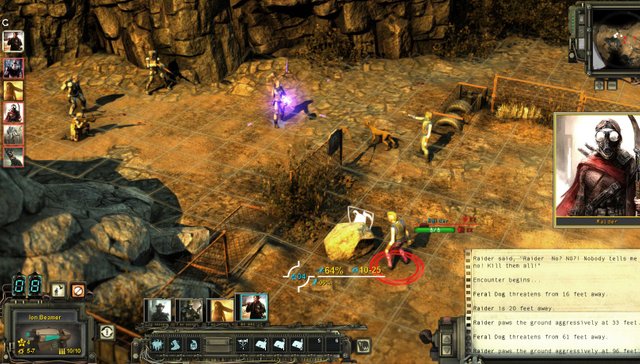
PC Gamer - Wasteland 2
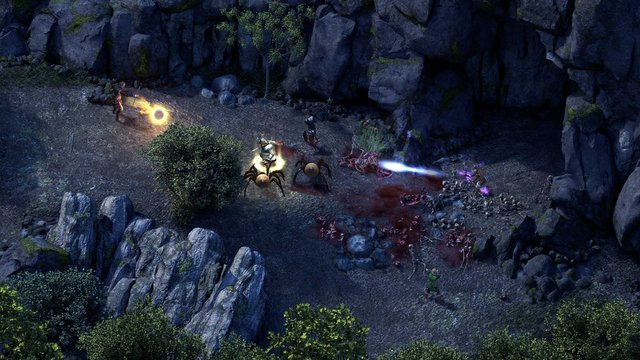
eternity.obsidian.net - Pillars of Eternity
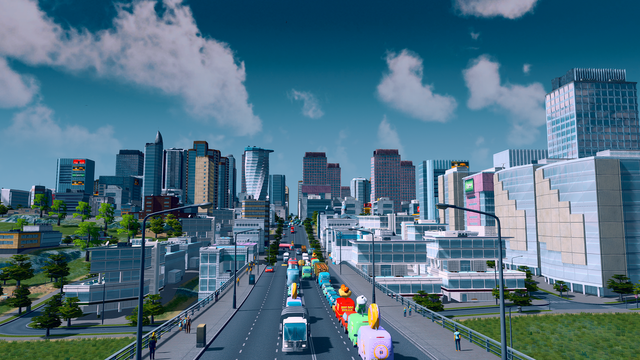
Paradox Interactive - Cities: Skylines
This is also true of Unreal which has always been a top notch engine. Great technology does not magically overcome inexperience. That comes with practice, and experience. This is why I recommend trying for some very simple projects before you move onto promising ambitious things.
Conclusion
Having inspiration and an idea for a game is great. I love the fact that you do. If it is ambitious and you are just starting then try some simpler designs before you try something complex. Pay attention to your frames per second (disable vsync while testing) when you build the simple game so you can begin to gain experience in what will drain your frames per second, and see how optimization techniques can improve your FPS.
If you are working with 2D then learn about Atlasing. Texture Atlasing is also important for 3D modeling if you can take that extra time. Multiple models sharing the same material and texture can greatly reduce draw calls, and thus increase you FPS.
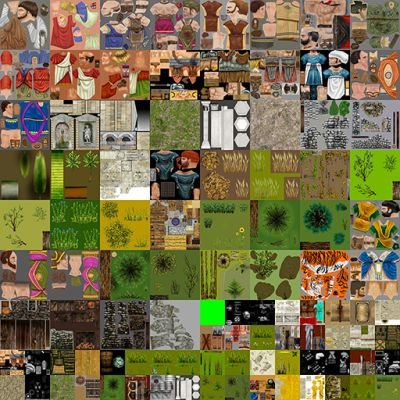
Froyok - Texture Atlas
Learn about LOD (Level of Detail) when making 3D games. In Unity, look into LOD Groups, or purchase some assets such as Simple LOD to help you out.
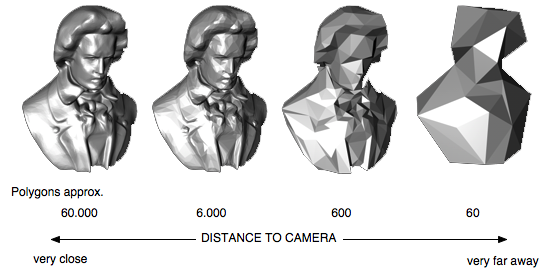
Game Development Stack Exchange - LOD
Don't let me warning you about game design scare you away. I am not trying to do that. I want you to make games, but I want you to aim for some simple things to gain experience on before you aim for the big game idea that you have in your mind.
Steem On!
(Steemit related images made by me.)
Great post! Resteemed! The number of game pitches I get is astounding and very few people think through the challenges of execution, which is where the real skill lies.
Great post! @jg02 I was going to recommend @dwinblood check out your fantastic game design posts.
I follow @jg02. :) I tend to try to follow all other game developers here on steemit. I just have not been as active as I've been catching up on some of my actual game development. :)
I just added a list to your tutorials in my latest tutorial related post and recommended people give you a follow. Hope you don't mind. I edited my post to add it, and also mentioned a few other people doing cool tutorials here on steemit.
Good advice in there! Start small and build...
excellent after @dwinblood friend, congratulations